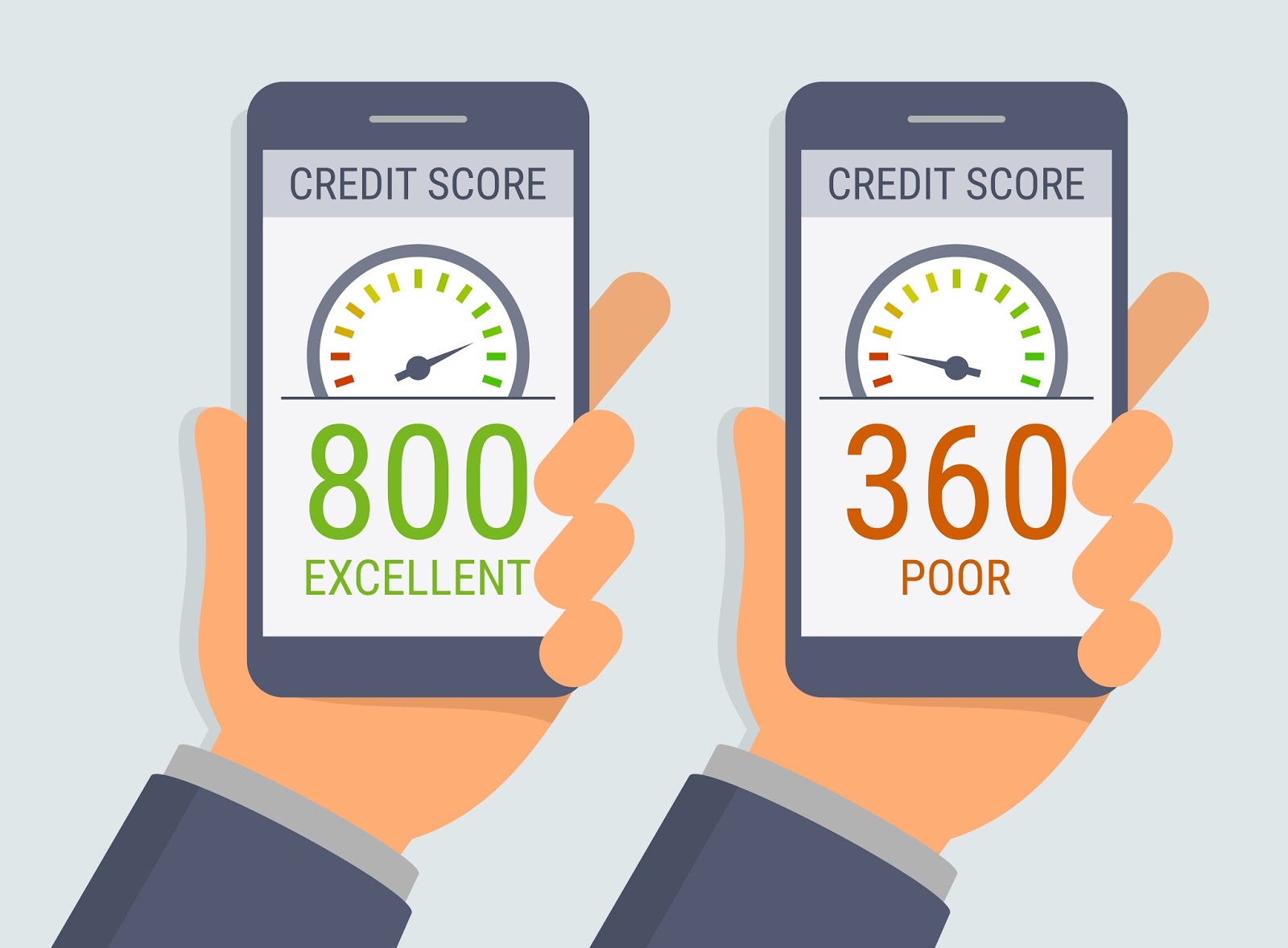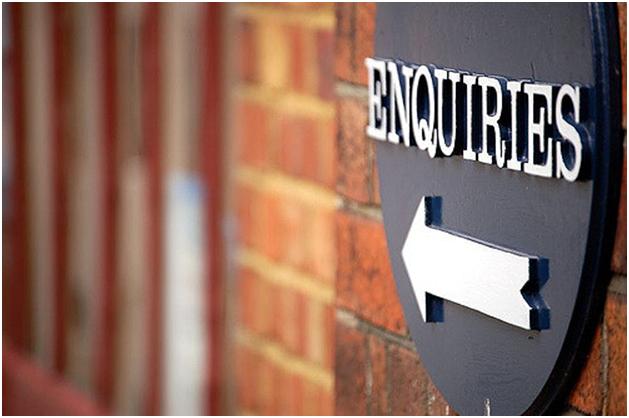
A good credit score is essential for financial well-being as it determines an individual’s creditworthiness. A higher credit score ensures better access to loans, credit cards, and favorable interest rates. However, there are certain factors that can negatively impact one’s credit score. In this article, we will discuss five things to avoid in order to maintain and improve your credit score.
Your credit score has a huge significance in your life, at least as far as the financial matters are concerned, and yet you are never provided with a manual on the dos and don’ts for its maintenance. You are pretty much on your own in finding out what’s good and what’s bad for your score. This lack of awareness often leads to costly mistakes that are difficult to undo. However, you are in luck, for below you will find the 5 things that you can avoid for a better credit score (CIBIL score):
1) Late and Missed Payments

Your credit card and EMI payments make the largest contribution towards your credit score, and every single delayed or missed payment can cause damage. If you don’t correct yourself in time, the consequences can be severe. Thus, it is best to avoid delaying payments at all costs, and if you use credit cards, then it is also important that you avoid making minimal payments. Both of these actions are detrimental to your score.
One of the most crucial aspects of maintaining a good credit score is to avoid late payments. Whether it’s credit card bills, loan installments, or any other form of credit, paying on time is crucial. Late payments can significantly impact your credit score, as they indicate financial instability and irresponsibility. Set up reminders, automate payments, or create a budget to ensure timely payments and avoid damaging your credit score.
If you are having a financial crisis and debt is piling up then you can always take a credit card takeover loan to pay it off. You can apply for the loan from your home itself, and repaying it is also easy and flexible.
2) High Credit Utilization

- Credit Cards: When you get a credit card it is natural to believe that you can spend as much money you want as long it is within the limit set for the card, and you can rightfully do so as well. However, what happens behind the scenes is that if your expenditure is high, especially if it is more than 30% of the limit, then your score is set back by a few points. The damage is directly proportional to the length of your history with high credit Utilization.
- Excessive Debt and Credit Utilization: Loans and credit cards can be of great help when you can’t afford something with a full payment. However, some people become too dependent on the system by applying for loans frequently and using a number of credit cards. All this puts you in a bad light and, taking this as reckless behavior, a lender may choose to stop sanctioning loans for you.
Credit utilization refers to the ratio of your credit card balance to your credit limit. It is important to avoid high credit utilization, as it can negatively impact your credit score. Ideally, it is recommended to keep your credit utilization below 30% of your total available credit. Higher credit utilization suggests a higher dependency on credit, which may raise concerns for lenders and affect your creditworthiness. Regularly monitor your credit card balances and aim to keep them within a manageable range.
You can reduce credit utilization by using credit cards only when necessary, and depending on cash wherever possible. You should also avoid taking loans for assets that don’t increase your net worth. For instance, real estate and student loans are appreciative assets; jewellery and cars are not.
3) Becoming a Loan Guarantor or Co-Applicant
People frequently apply for loans with a co-applicant in order to increase their chances of approval. However, if you decide to become a co-applicant, you must be aware of the repercussions in case the worst happens in the future. In a joint loan, both applicants share liability, so if one refuses to pay EMIs or fails, the other must face the consequences. When married couples who have taken out joint loans separate, the situation can often get difficult. The same is true for situations in which a partner passes away. Consider the scenario of a husband who died while co-applicanting for a home loan. The wife is now forced to pay 100% of the remaining loan balance. However, because she owns just half of the house, the husband’s family members may elect to divide his share of ownership among themselves. As a result, the wife may end up paying for half of the property, which she does not own.
Becoming a loan guarantor is also typically a bad choice, especially if you risk your credit score for no benefit or value. If the person you become a guarantor for repays the loan responsibly, you are fine; however, if they default, your credit score suffers. No matter how you look at it, there is no advantage for you. Thus, unless the individual in question is a close family member or a friend in whom you have complete trust, you should avoid being a loan guarantor.
4) Hard Enquiries

Finance experts constantly recommend monitoring your credit score because it aids in the development of a good score by discovering anomalies and poor credit conduct. Furthermore, requesting a copy of your CIBIL report is considered a soft enquiry and has no effect on your score. However, if a lender demands your CIBIL report, it has an impact on your score.
A high volume of hard inquiries in a short period of time will damage your score. This typically occurs when you apply for a loan from multiple lending organizations at the same time. They all then make serious inquiries with CIBIL about your application, which has a significant impact on your score. To avoid this, limit your loan applications and be selective when dealing with lending institutions. It is preferable to apply for a loan from only one or two banks at a time.
5) Defaulting
Defaulting on a loan always opens a Pandora’s box. It is arguably the worst thing you can do for your credit score since if you default, the lender puts you on a blacklist and leaves remarks in your report. To avoid defaulting, you must take a loan from friends or a known lender.
The mistakes we make in life help us learn and evolve. However, there are some blunders that you can and should avoid. For example, mistakes that can harm your credit score should always be avoided, and the advice provided above can assist you in this attempt.
Conclusion: Maintaining a good credit score requires responsible financial behavior and avoiding certain detrimental actions. By avoiding late payments, keeping credit utilization low, being selective with loan applications, rectifying credit report errors, and preserving old credit accounts, you can ensure a better credit score. Remember, a good credit score opens doors to better financial opportunities, including access to loans, credit cards, and favorable interest rates. Stay vigilant, practice financial discipline, and make informed decisions to protect and improve your credit score.[DONE]




